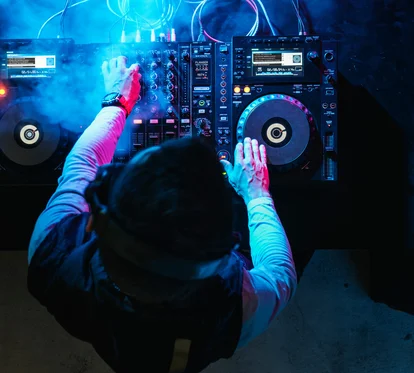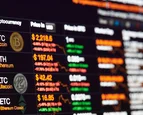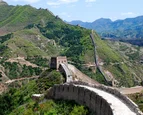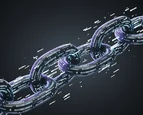We can distinguish several applications if we assume that a blockchain can be filled with transaction or process data from the real world. This data should then be able to be regulated in a decentralized way and not be subject to change after common consensus.
Examples
Below I give you seven themes that can relate to this.
- The decentralized construction of maintenance and transaction history of movable (vehicles) or real estate (premises). Here it is important that multiple institutions - who cannot trust each other in advance - agree on all maintenance and transaction data, because the derived history should not and cannot be "updated" afterwards. This kind of application can also be initiated from the angle of the land register or from municipal taxes.
- The decentralized creation of legal certainty about the identity of a resident, in his/her role as owner, heir or user of a property. Here it is important that several parties involved - who cannot trust each other beforehand - agree on the identity and signatures on a notarial deed, because the derived history may not and cannot be 'updated' afterwards. Such an application can also be initiated from the angle of municipal civil affairs and personal records.
- The decentralized protection of rights, such as intellectual property rights to trademarks and patents, creative property rights to music or literature and environmental rights, such as emission rights, noise rights and production quotas. Here it is important that multiple stakeholders - who cannot trust each other beforehand - agree on the 'accounting' around these issues, because the derived history should not and cannot be 'updated' afterwards. Such an application can also be initiated from the corner of national ministries (Economic Affairs, Infrastructure and Environment).
- The decentralized tracing and retrieval of routes taken by a product before it reaches its destination. It is important here that several links - which cannot trust each other beforehand - agree on the sustainability (of food), honesty (of clothing production) and authenticity (of branded products), because the derived history may not and cannot be 'updated' afterwards. Such an application can also be initiated from the corner of national ministries ( Economic Affairs, Foreign Affairs, Agriculture, Nature and Food Quality).
- The decentralized recording of online value determination, such as the course of bidding in online auctions, the course of events surrounding online gambling, the history of loyalty points, the pricing on online exchanges and the legitimacy of online brokering.
Here it is important that several participants - who cannot trust each other beforehand - agree with each other about the way in which the value has been created, because the derived history may not and cannot be 'updated' afterwards. This type of application can also be initiated by national ministries (Ministry of the Interior). - Decentralized regulation of which computer outputs from blocks of data can and cannot be shared with other parties. Examples are online political opinions, online medical files and data recorded online about income, diplomas, credentials, purchases, possessions and debts. Here it is important that several participants - who cannot trust each other beforehand - agree on the accuracy of what is being shared, while the history of source data remains partly closed off. This type of application can also be initiated by the municipal social domain, or by national ministries (the Ministry of the Interior, the Ministry of Health, Welfare and Sport, the Ministry of Social Affairs and Employment).
- The decentralized securing of contractual rights to payment, such as from an insurance policy, from an employment contract or from a mortgage. It is important here that several parties - who cannot trust each other beforehand - agree on the way in which these rights are arranged, because the basis for them may not and cannot be 'updated' afterwards. This type of application can also be initiated by national ministries (Finance, Economic Affairs, Social Affairs and Employment).
Smart contracts
The above examples always involve an activity (building, creating, protecting, tracking, capturing, regulating, securing) that is being addressed from distributed ledgers and blockchain priors. The question is how activities are triggered in such a distributed structure. After all, there is no central authority that initiates this as a matter of course.
To address this challenge, so called smart contracts can be added to a distributed legder or blockchain. This naming is somewhat misleading, as a smart contract does not involve a real contract and is not "intelligent" (the hallmark of smart). What is meant is that an if-then computer script ensures that in a block certain actions are performed with or on the data, when a certain situation occurs, or when certain conditions are met.
Distributed ledgers, in combination with smart contracts, in this way have great potential to cause entirely new, social paradigms and phenomena (e.g. NFT, Web3.0). More on that in the next article.



